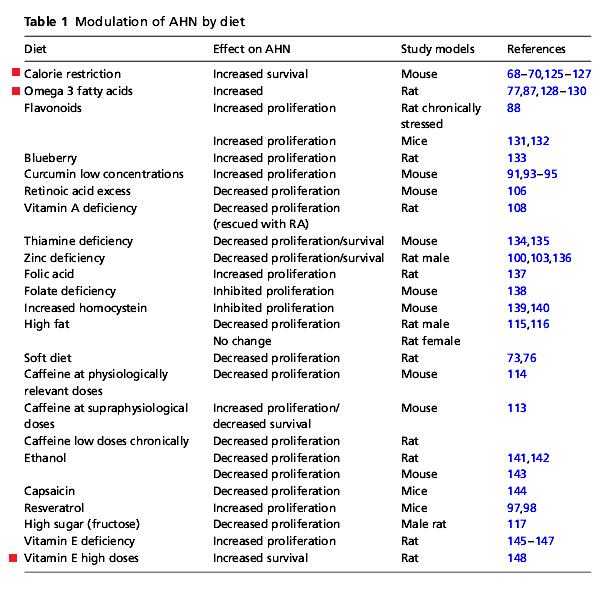Found this paper recently and it made me wonder that the effects arent well researched and that the effects of Cannabis might have chronic consequences even to those who havent smoked in the adolescence:
Decreased dopamine brain reactivity in marijuana abusers is associated with negative emotionality and addiction severity
We found that marijuana abusers display attenuated dopamine (DA) responses to MP, including reduced decreases in striatal distribution volumes. These deficits cannot be unambiguously ascribed to reduced DA release (because decreases in nondisplaceable binding potential were not blunted) but could reflect a downstream postsynaptic effect that in the ventral striatum (brain reward region) might contribute to marijuana’s negative emotionality and addictive behaviors.
http://www.pnas.org/...1/30/E3149.full
MP = Methylphenidate
I will try to find some targets and corresponding supplements that might (sigh) reverse something
and post it + I will report the results.
There are several papers that have to be read regarding:
- the cause of the decrease of tyrosine hydroxylase
- the reason of decreased dopamine activation/response, release and synthesis in the Striatum.
-> according to one paper, it could be a downstream problem and I believe to read something about fos antigenes
- any other related problem like, altered plasticity.
Dont get me wrong, I´m aware that I´m just an amateur but a desperate one..
my problems are: affect i.e. mutism and avolition in social interactions, introverty, cognition, memory retrieval & a few others.
So You might allready assume that my social life was, is and will be bad, means no wife no childern & etc. if this goes on.
So I need a solution !
Lets see how far this goes. Perhaps some questions cant be answered even by the scientists up to this date.
I´m happy for any thoughts and inputs
-----------------------
-----------------------
-----------------------
Yes its afaik not know whether those alteration will relieve to a great extend. This sentences sounds concerning:
Structural and Functional Imaging Studies in Chronic Cannabis Users: A Systematic Review of Adolescent and Adult Findings
However, overall the results suggest that long-term cannabis use may result in persistent alterations in brain function and morphology that would extend beyond the period of intoxication [28], [31], and that earlier onset of use may be associated with greater detrimental effects [32], [33].
http://www.ncbi.nlm....les/PMC3563634/
I´m still affected and havesome doubts on the body owns healing capacity
because I´ve smoked from the age of 15 to 22, had 2 Years a break because of Risperdal (which was a "bright idea" from my psychiatrist)
and kept on from 24 untill 26. I had since then, here and there, some sessions but rather random and I havent smoked pot from Sept 2013 untill recently
As You see, I had long breaks but no big improvements in terms of affect.
Those problems are actually exact the same as the negative symptoms of Schizophrenia, exept the lack of emotion
A short summary of a list of negative symptoms are:
lack of emotion - the inability to enjoy regular activities (visiting with friends, etc.) as much as before [of this, Flex doesn't complain you mention SSRIs: https://www.google.c...ack of emotion]
Low energy - the person tends to sit around and sleep much more than normal
lack of interest in life, low motivation
Affective flattening - a blank, blunted facial expression or less lively facial movements, flat voice (lack of normal intonations and variance) or physical movements.
Alogia (difficulty or inability to speak)
Inappropriate social skills or lack of interest or ability to socialize with other people
Inability to make friends or keep friends, or not caring to have friends
Social isolation - person spends most of the day alone or only with close family
http://www.schizophr...diag.php#common
The long break did improve the emotions and the interrest in socializing but not the ability (funny huh?).
And everything other stayed more or less the same, unless when taken something like EGCG & etc.
I have to add that I´ve experimented 2 years ago with Ethyphenidate + various stuff like Amisulpride and L-dpoa
and this fried my brain which resulted into Depressions and somewhat lower emotions and decrease of libido and euphoria,
but I dont believe that it affected my skills too much.
Admittely my affect was not that great before but ok and a near relative who smoked randomly, dont have those problems as I.



























































